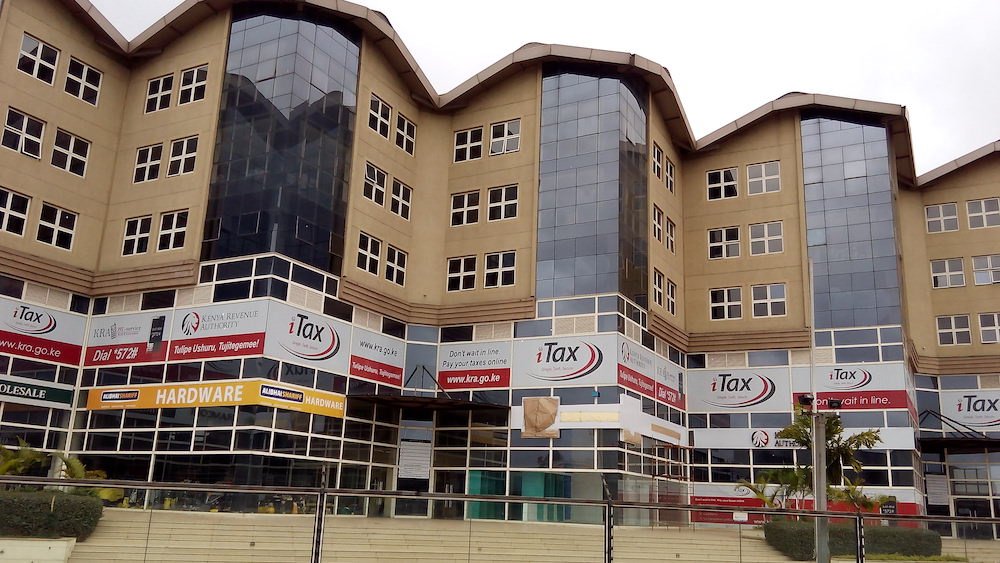The National Treasury has dealt a blow to businesses and individual taxpayers by barring the Kenya Revenue Authority (KRA) from enforcing sections of the Finance Act 2025 that allowed taxpayers to settle their dues using refunds from overpaid taxes.
This decision disrupts cash flow plans for many, particularly businesses that were relying on the newly introduced provisions to ease financial strain.
The blocked measures, which took effect on 1 July 2025, amended Section 47 of the Tax Procedures Act, permitting taxpayers to offset overpaid taxes against liabilities such as VAT on imports.
It had been expanded from earlier reforms introduced in 2021, which first allowed taxpayers to use overpayments to clear outstanding and future tax obligations. This included taxes withheld on behalf of others, such as Withholding Income Tax, Withholding VAT, and Pay As You Earn (PAYE).
However, the Treasury has now reversed course, arguing that the offsets should apply only to taxes paid directly by the taxpayer, not the tax liabilities of third parties withheld by taxpayers. This interpretation has left many businesses in limbo, particularly those who were counting on the provision to manage Import VAT and other withholdings.
The Treasury believes that the Finance Act 2025 overstepped by inadvertently affecting the East African Community Customs Management Act. They maintain that the amendment, as passed by Parliament, created legal inconsistencies, necessitating the restriction. However, many argue that the move undermines the spirit of the law, which was intended to support businesses by improving liquidity.
The decision has drawn sharp criticism from tax experts and industry leaders. For instance, the Institute of Certified Public Accountants of Kenya (ICPAK) has formally protested the move, accusing the authority of selectively applying the law.
ICPAK emphasised that the Tax Procedures Act explicitly permits taxpayers to offset overpaid taxes against any tax debt, including future liabilities like input VAT on imports. Despite this, the KRA’s iTax system currently restricts offsets to Corporate Income Tax, local VAT, and PAYE, leaving out critical areas like Withholding Tax and Import VAT.
The private sector has also voiced its frustration, with the Kenya Private Sector Alliance (KEPSA) raising concerns over the delayed implementation of the full offset system. KEPSA CEO Carole Kariuki noted that while progress has been made in discussions with the KRA, a resolution is still pending. The alliance is therefore pushing for a more flexible approach, allowing offsets across different tax categories to ease cash flow pressures on businesses.
The move has left taxpayers and practitioners grappling with uncertainty, as it has not only disrupted financial planning but also raised questions about the alignment of tax policies with broader economic goals.


